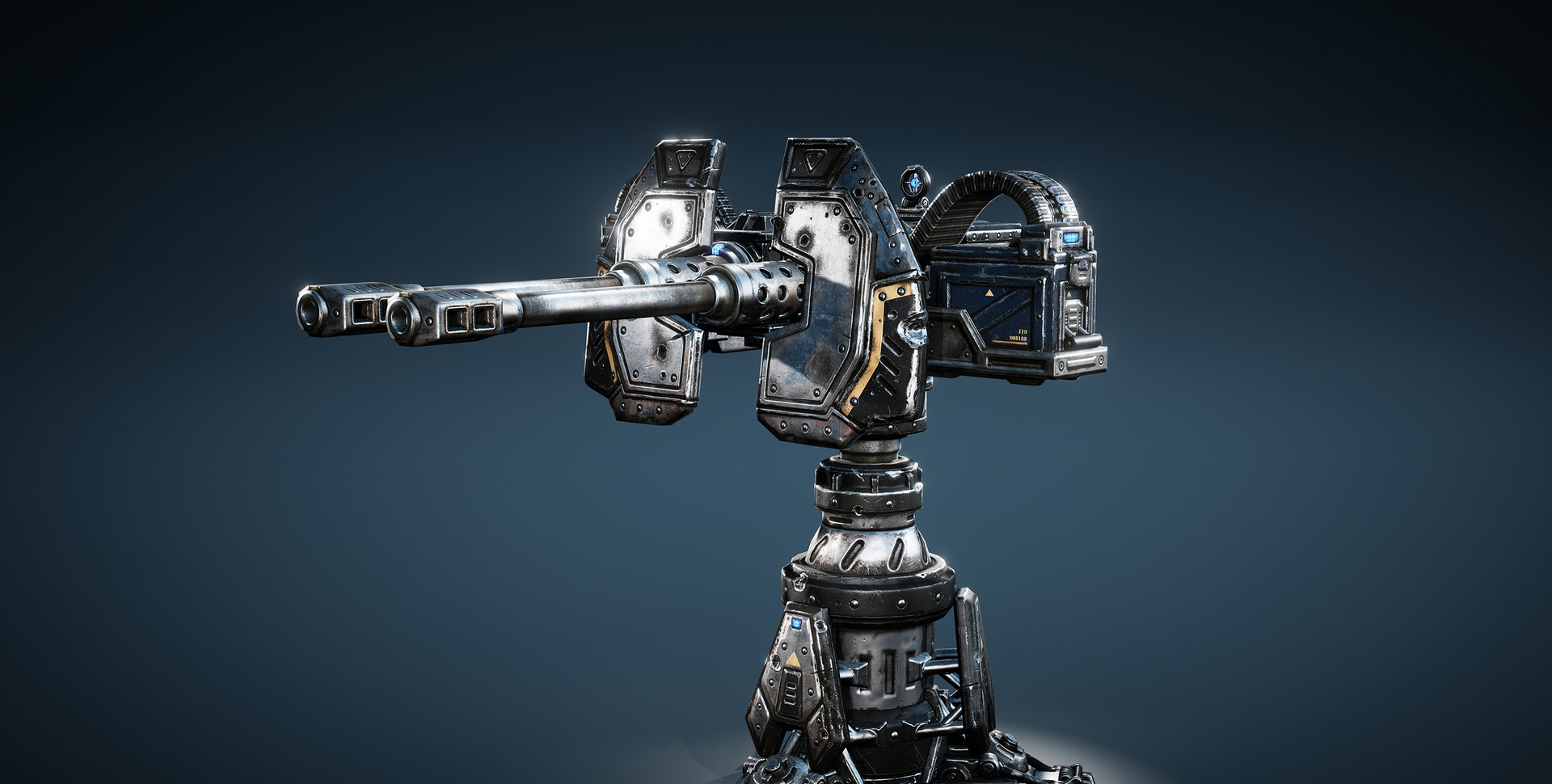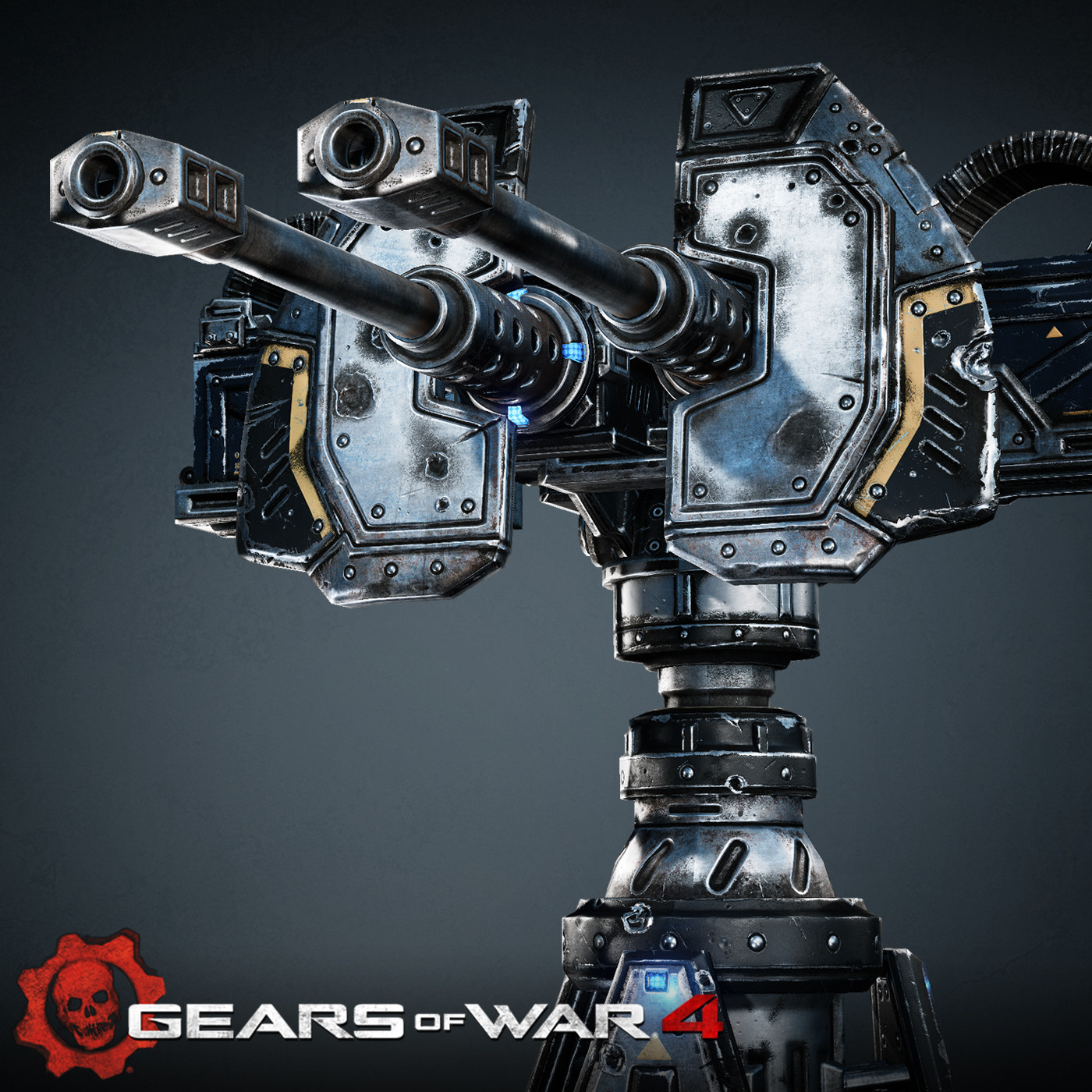

Should you manage to save that version of yourself from dying in a future round, they (or is it still ‘you’?) could swing the match in your favour. You continue the round as a ghost if you hit 0 HP, and in this state you can and should keep carrying out objectives and shooting enemies. Instead of taking this berserker out on my next turn, I let him complete his self-destructive loop while I ran off to pick up another orb, returning it to base, then nipping back out to pick up the orb he’d kindly vacated for me.Īnd naturally, you're not exactly dead when you die. At one point, my opponent got overly aggressive on their turn, and in their blind bid to wipe out my team killed their own orb-carrying teammate with a misplaced rocket shot.

Lemnis Gate's time-looping mechanic is so clever that it makes familiar FPS concepts-like something as ordinary as friendly fire-more interesting. The simple weaponset is straight out of the Unreal Tournament archives, with equivalents like the Link Gun, the Translocator teleporter, and even the goo-firing Bio Rifle all on hand. If the comparable but cartoony Quantum League is the timeloop shooter for the Fortnite generation, then Lemnis Gate is for those who grew up on the space stations and asteroid arenas of 1999.


Lemnis Gate's broader arena shooter vibe is reinforced by tight, learnable maps set on intergalactic colonies, complete with mobility touches like jump pads and a sliding bunny-hop maneuver. You won't find this galaxy-brain stuff in Call of Duty. I like to save my Vendetta operative (an engineer, basically) for late in the match, messing up the board with three or four of her tiny turrets, which auto-lock onto any enemy that passes by. Like chess, a lot of the satisfaction and strategy is in picking the right piece for the right move. You can only deploy each character once per match.


 0 kommentar(er)
0 kommentar(er)
